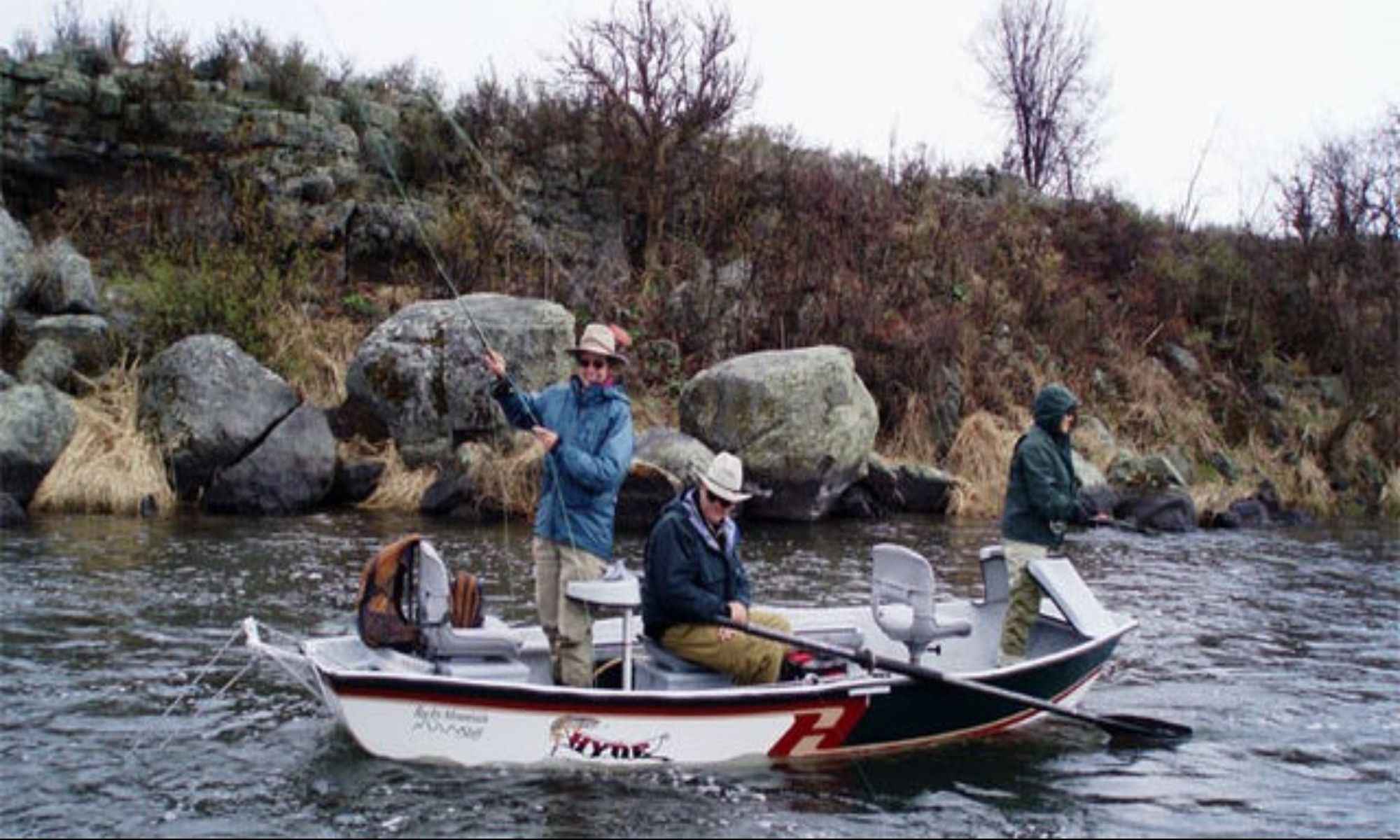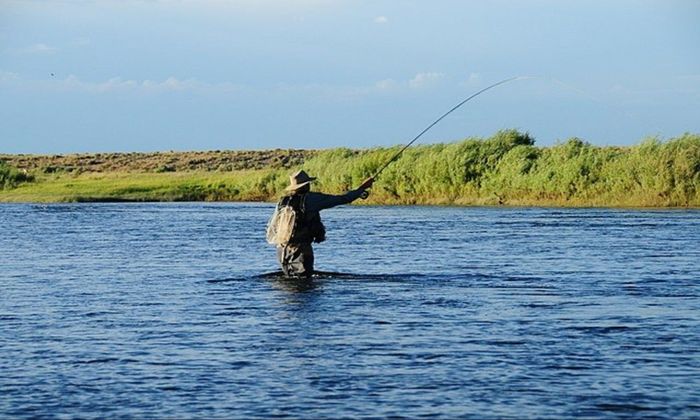Fly Fishing: Dos and Don'ts
This fly fishing guide will help trout anglers learn more about fly fishing tips as they go with their fishing adventure.

Fly fishing is a fishing method where anglers use a lightweight lure, an artificial fly, to hook fish. Anglers cast the fly fishing gear using a fly rod, reel, and specialized weighted line. Fly fishing requires casting techniques remarkably distinct from other forms of casting. Flies may look like natural invertebrates, baitfish, or other fish food in fly fishing. Fly fishing is also known as the trout fishing method. Trout anglers can catch notable trout species like rainbow trout and brown trout by fly fishing.

One thing that makes fly fishing enjoyable is that it is an art. You have to concentrate on the technique and modify it depending on the variety of fish you are trying to catch in the particular location you are in. Fly fishing works very differently compared to traditional fishing methods. Fly angler casts a very light "fly" out onto the water, either just above the surface or below. Since the fly is so light, it must be delicately presented onto the water to prevent startling the fish. The casting technique and fly line setup are combined to compensate for the fly's lack of weight.
You can fly fishing for red drum or conduct fishing tours like fly fishing in Fort Lauderdale or other locations you prefer. This article will help understand the dos and don'ts of fly fishing.

The Dos of Fly Fishing
- Keep an eye on the weather before setting off on your fishing adventure. Make sure the weather is going lovely and perfect for the fishing trip. Nothing is worse than driving a few hours to find a storm has battered up the lake you want to fish.
- Check with the locals before starting your fishing adventure to find current fishing trends and information about local fishing locations.
- Bring a plastic bag for your catch if killed, and dispose of the dead fish properly. A simple plastic bag can make a difference. You can also use plastics on your feet if you spring a leak or on your head if a downpour unexpectedly threatens to drown you.
- Use waders, as they can make your day more comfortable. Avoiding bushes and shrubs along the water's edge will make way for a more enjoyable fishing experience and help you get closer to the fish you want to hook. You can move around and search for the fish you are targeting.
- Carry a landing net. A landing net will help you lift caught fish out of the water. It is a typical fishing gear in fly fishing. Some fisheries have landing nets set along the water edge but needing a personal landing net is best to avoid scrambling for yields.
- Wear a life vest when fly fishing from a boat. Life vests are easy to put on and can save your life.
- Make sure your fly fishing rod is matched up correctly. Only undersize or oversize the fly fishing line if you know what you are doing. It takes years of practice and skill to fly fish accurately.
- Have spare flies, so you have backup flies in case a fly is lost or destroyed by sharp trout teeth.
- Learn how to tie the most common fly fishing knots like blood, water, and nail. Knowing these knots and how to build a leader on the bank side can save your fishing day. There will be many running repairs on typical days of fly fishing, so it's essential to learn these knots from the beginning.
The Dont’s of Fly Fishing
- Don’t try to cast and fly fish too far. A common mistake by anglers is trying to push the fishing line out at great distances. Fishing longer distances will result in many tangles and bad casting. Keep it short and neat; the trout will usually come to you if you avoid making too many splashes in the water.
- Don't use too heavy leader lines for the flies you are using. A 4 to 5-lb line will give you more chances to catch more fish than a 15-lb monofilament fishing line.
- Don't think an enormous rod will cast further. The proper timing and the rod setup affect the distance, so it is essential to ensure everything is matched. Many anglers struggle with an 11 feet rod when 9 feet rod would have been perfect for fly fishing.
- Don't stomp on the bank side or boat. Treading on the water will spook the fish away to the fellow angler on the other side.
Hiring A Fishing Charter
Booking a fishing charter guided by professional and knowledgeable anglers will help anglers trying to do fly fishing. You can learn from professional guides' fly fishing tips. You can go red drum fly fishing and book freshwater charters that offer freshwater fishing trips. Engage on an excellent fly fishing trip with Around The Bend Fly Fishing in Angola, The Bend Company Fly Fishing Guide Service in Napa, Larry's Fly Fishing Guide in Branson, and Vermont Fly Fishers in Manchester. These charters specialize in fly fishing.





